On the morning of August 4, the Industry and Trade Magazine (Ministry of Industry and Trade) organized a seminar on “Solutions to promote participation in the carbon market of enterprises in the industry and trade sector”. At the seminar, representatives of state management agencies, enterprises, and associations discussed and recommended solutions to develop and effectively operate the carbon market, promoting the business community in general and enterprises in the industry and trade sector in particular to actively participate and benefit from carbon credits.
Opportunities and challenges for Vietnam when participating in the carbon market
Mr. Hoang Van Tam, Department of Energy Saving and Sustainable Development (Ministry of Industry and Trade) said that Vietnam is actively preparing for the carbon market to officially operate from 2029. The period from now to 2028 will focus on building the legal basis, infrastructure and necessary technical conditions to deploy the carbon market.
One of the important goals is to develop regulations related to greenhouse gas emission reduction and high-quality carbon credit production. The Ministry of Industry and Trade is working to improve the capacity of enterprises, help them understand the regulations and prepare them to participate in the carbon market.
 |
Mr. Hoang Van Tam, Department of Energy Saving and Sustainable Development (Ministry of Industry and Trade). |
At the seminar, Mr. Nguyen Vo Truong An, Deputy General Director of ASEAN Carbon Credit Exchange Joint Stock Company, said that the carbon credit market in Vietnam was actually launched in 2018 when the first voluntary carbon credit projects were registered with some of the world's leading appraisal organizations such as Verified Carbon Standard (VCS), or Gold Standard (GS).
However, at the beginning, the projects focused mainly on renewable energy and hydropower. The number of credits was not much compared to the world average. It was only in the last 2 years, especially when Vietnam successfully transferred more than 10 million carbon credits in 2023, that this topic really heated up. The community and businesses began to focus on learning.
Commenting on the potential of the carbon credit market in Vietnam, Mr. An said that, including the quota market, the mandatory market and the voluntary market, businesses are lacking many factors and facing many challenges.
According to Mr. An, the first challenge is the lack of experts in the field of carbon credits.
"I have read some comments, especially comments from some leading experts in education and universities, and there is an opinion like this: by 2030, the field of climate change, climate change response and carbon credits alone will lack 150,000 employees. Obviously, that is a real and very alarming number because clearly when we implement a policy, a tool or a project, the human resource issue is very important. That is the first point," said Mr. An.
The second challenge for businesses, including experts, is not knowing how the carbon market will operate between a mandatory market and a voluntary market.
Third, with a green transformation and emission reduction technology, finance is very important. "How can businesses get finance, get financial support to be able to invest in those technologies to contribute to the Net Zero target, achieve the business's emission reduction target to support the country's Net Zero target, that is also a current question mark in the Vietnamese market that we are facing", Mr. An expressed.
And finally, investing in machinery, equipment, and technology. According to Mr. An, this factor will be achieved after countries have solutions and finances.
Vietnam has the opportunity that we are still a new and young carbon credit market on the map of carbon credit markets in the world and with the current space in terms of nature, forest area, forest cover density as well as agricultural sectors is still very large.
 |
Mr. Nguyen Vo Truong An, Deputy General Director of ASEAN Carbon Credit Exchange Joint Stock Company. |
Vietnam is in the approach stage to build a carbon credit market.
To develop the carbon market in Vietnam, the Ministry of Industry and Trade and related agencies are implementing many solutions. Mr. Hoang Van Tam, Department of Energy Saving and Sustainable Development (Ministry of Industry and Trade) said that to operate this market, countries around the world have gone through many very long stages of development to get results.
Up to now, Vietnam is in the approach stage to build a carbon credit market and gradually operate it, so there is still a lot of work to do. Vietnam has important legal bases such as the Law on Environmental Protection 2020 and Decree 06/2022/ND-CP regulating the reduction of greenhouse gas emissions and ozone layer protection of the Government. In particular, specific tasks are assigned to relevant ministries and branches to build and operate the carbon market in Vietnam in the coming time.
Currently, the highest legal framework is in place, but specific regulations for the operation of the carbon market are still being implemented.
According to this expert, Vietnam currently lacks specific regulations. While waiting for guidance documents, organizations and individuals need to clearly understand two pillars. One is carbon emission quotas and two is carbon credits. The Ministry of Finance and the Ministry of Natural Resources and Environment are the two agencies in charge of building and operating the carbon market in the coming time.
Regarding regulations on inventory, appraisal, measurement, reporting and verification (also known as MRV), Mr. Tam said that it is necessary to refer to successfully operated markets such as the EU, China, and the US. From there, customize according to Vietnam's conditions so that businesses can approach from the simplest before gradually improving over time.
Close coordination between the Government, businesses and consulting and support organizations will promote the carbon market in Vietnam.
Source: https://nhandan.vn/nhieu-thach-thuc-dat-ra-voi-doanh-nghiep-khi-tham-gia-thi-truong-carbon-post828433.html










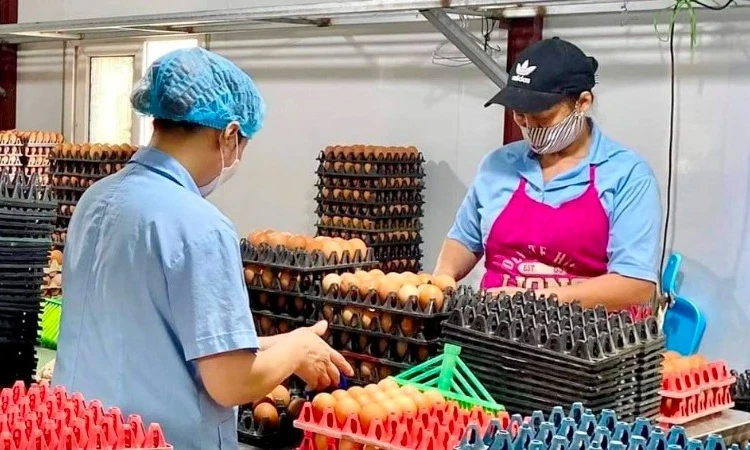







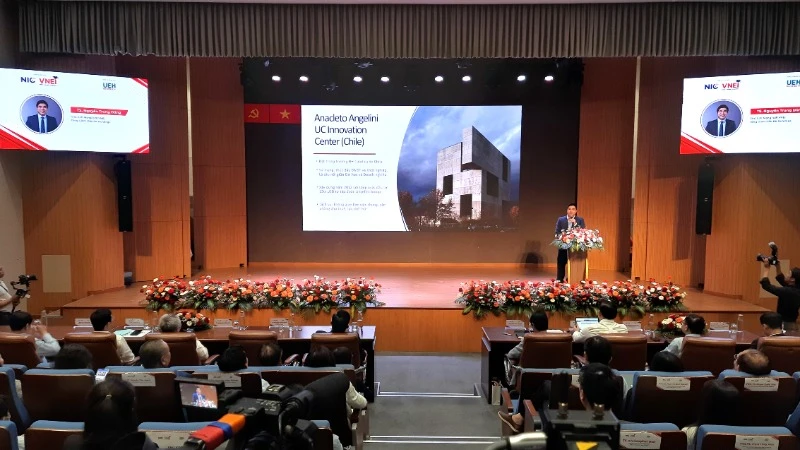

![[Video] Approval of the Master Plan for the Construction of a High-Tech Forestry Zone in the North Central Region](https://vstatic.vietnam.vn/vietnam/resource/IMAGE/2025/4/12/93e860e3957940afaaab993c7f88571c)








![[Video] Ministry of Education and Training plans to inspect and examine the 2025 High School Graduation Exam](https://vstatic.vietnam.vn/vietnam/resource/IMAGE/2025/4/12/682bfd48372e471f97b8627076eadc58)




![[Photo] "Beauties" participate in the parade rehearsal at Bien Hoa airport](https://vstatic.vietnam.vn/vietnam/resource/IMAGE/2025/4/11/155502af3384431e918de0e2e585d13a)








































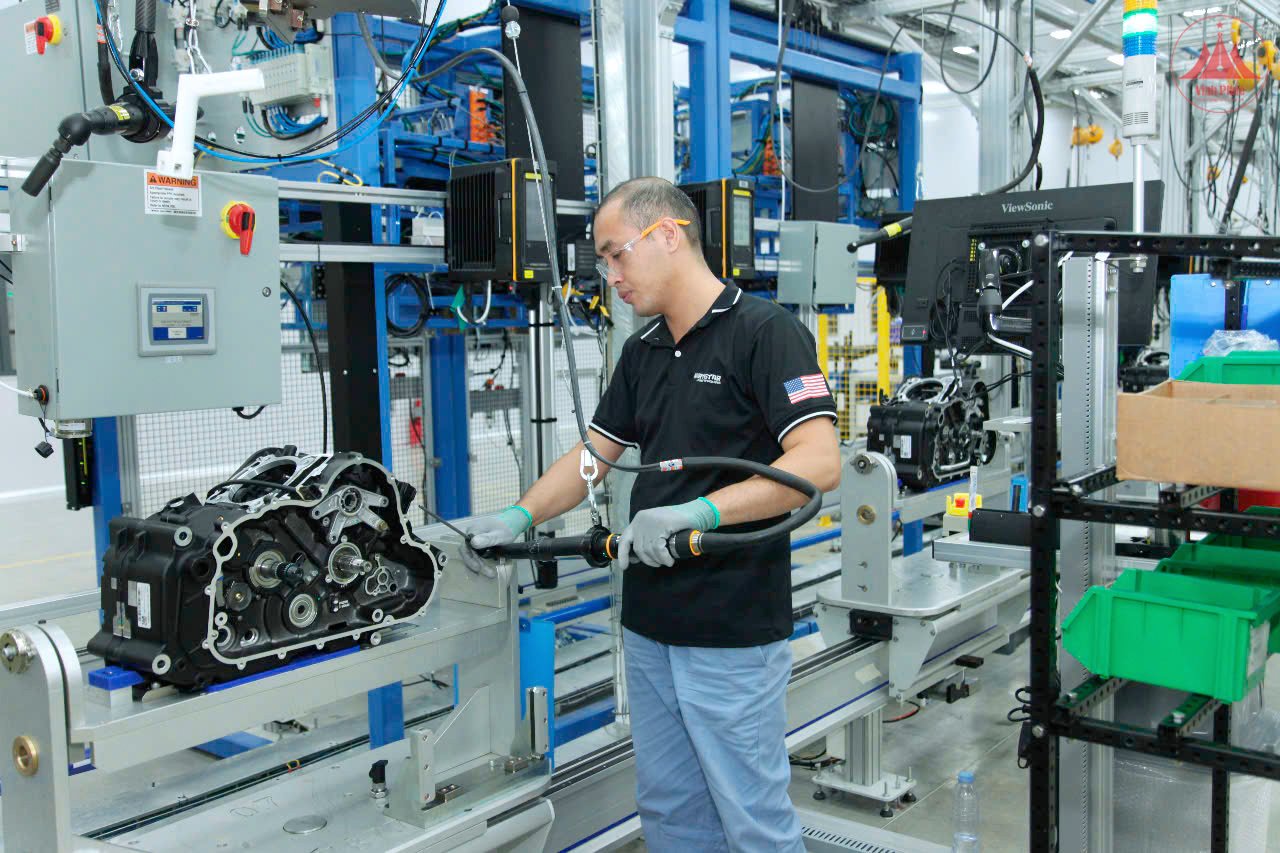

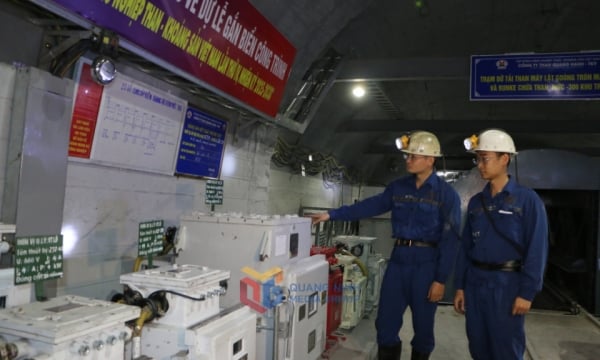




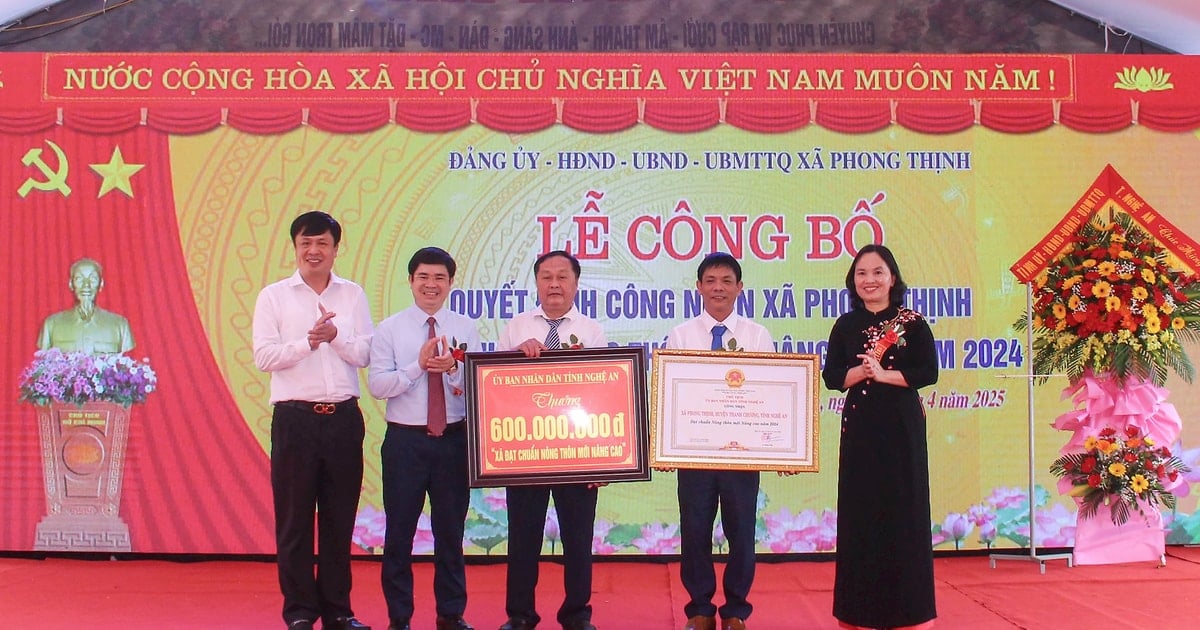











Comment (0)